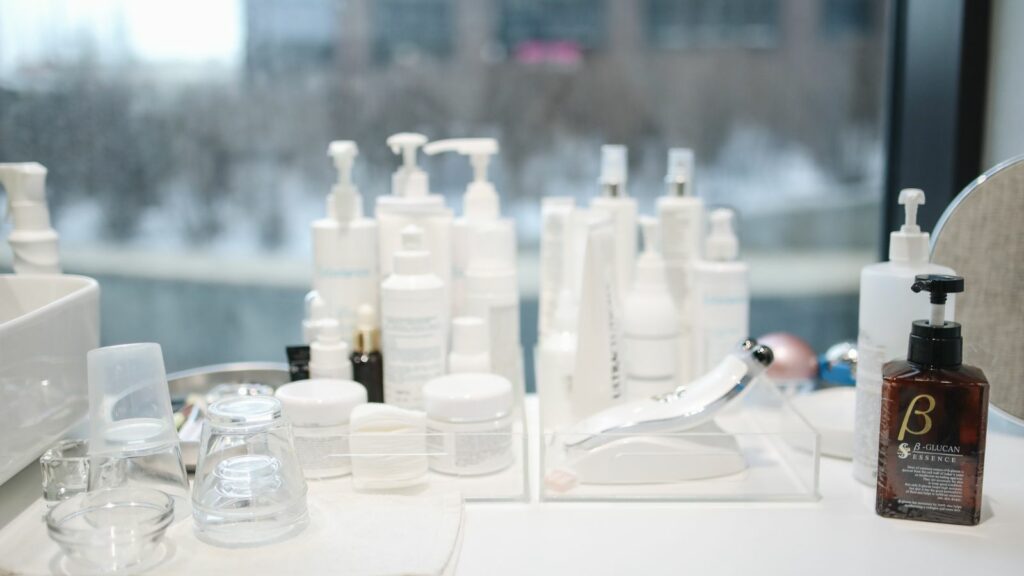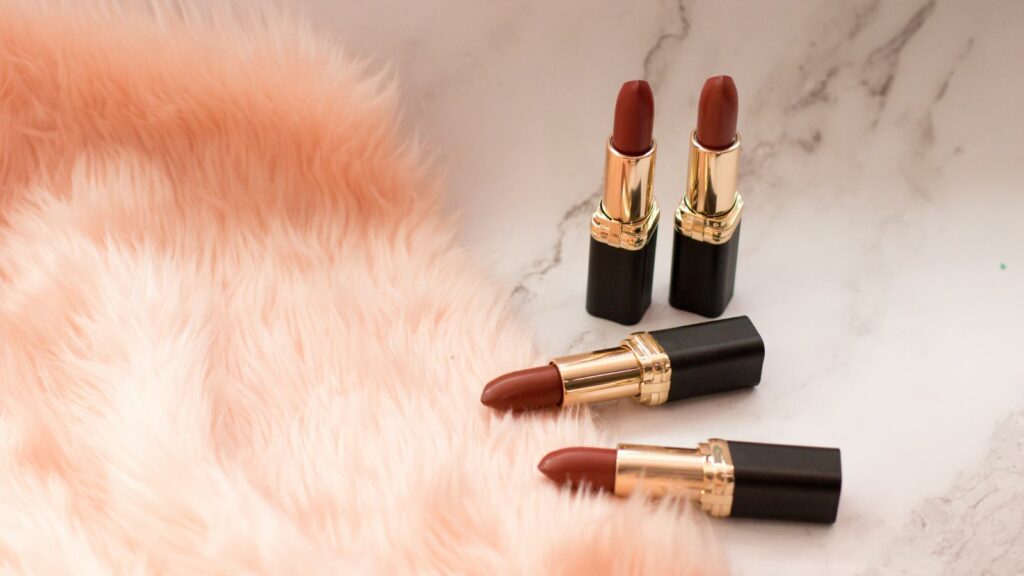In the ever-evolving world of beauty and personal care, foam-based products are carving out their niche. Offering a unique sensory experience, these products are swiftly becoming a favorite among consumers. From facial cleansers to hair care, the foam revolution is transforming the personal care landscape.
The market for foam-based beauty and personal care products is booming, driven by innovative formulations and growing consumer interest. This article delves into the dynamics of this burgeoning market, examining the factors that are propelling its growth.
Foam-Based Beauty and Personal Care Products Market
As the foam-based beauty and personal care market thrives, several products have gained prominence due to their innovative sensory experience, sustainable formulations, and multifunctional benefits. Let’s delve into the popular foam-based products in the beauty and personal care sector.

Foam-based cleansers and face washes stand tall among the popular foam-based skincare products. Their charm lies in the light, airy consistency that offers a gentle yet effective solution to remove dirt and oil from the pores. These foam-based cleansers, Examples such as Cetaphil PRO Foaming Face Wash or Dermalogica’s Special Cleansing Gel, ensure smooth, soft, and radiant skin, suiting a wide range of skin types from dry to oily. Aside from their skincare benefits, their eco-friendly formulations serve as another major draw for the savvy, sustainability-focused consumers.
Hair Care Products
Alongside foam-based skincare products, their role in hair care cannot be underestimated. Foam-based hair care products, ranging from volumizing mousses to color depositing foams, dominate the market. Take Redken Guts 10 Volumizing Spray Foam or John Freida Precision Foam Colour as examples. They offer unique benefits such as boosting volume, enhancing color, and improving hair strength. Interestingly, these foam-based products also support the sustainability trend as they often come in aerosol-free packaging, aligning with the environmental concerns of modern consumers.
Benefits of Foam-Based Beauty Products
The rising popularity of foam-based beauty and personal care products isn’t incidental. They offer distinct benefits such as improved product penetration and better ingredient absorption.

Foam-based beauty products, from cleansers to shampoos, offer an enhanced product penetration, one of their key benefits. Due to their composition and texture, these foam-based counterparts cover a larger surface area than other products. For example, foam cleansers disperse evenly providing an effective cleaning method. This factor paves the way for consistent application, ensuring that the product works on all areas of the skin or hair. Additionally, foam-form factors often require less product to achieve the desired effect, equating to less waste and longer-lasting products.
Better Ingredient Absorption
On top of enhancing product penetration, foam-based beauty products facilitate better ingredient absorption. The foam’s characteristic lightness and frothiness allow the skin to absorb the active ingredients more effectively. For instance, when a foam-based facial cleanser is applied, its ingredients penetrate deeper into the skin pores, providing enhanced cleansing and nourishing effects. Similarly, in hair care, the active ingredients in foam-based products are absorbed into the hair strands – think of a foam hair color that weaves deep into every strand, ensuring optimal coverage and rich, long-lasting color.
Challenges in the Foam-Based Products Market
Despite the potential and promise, this innovative market segment isn’t without its issues. A few challenges may act as potential barriers to its growth. These primarily revolve around environmental issues and the cost factors associated with production.

A daunting obstacle faced by this market involves environmental implications. Several foam-based beauty and personal care products contain synthetic ingredients. The micro-plastics, for instance, found in certain exfoliating face and body washes, are notorious for their environmental impact. When washed away, these microbeads end up in oceans, devastating marine life and contributing to plastic pollution.
High levels of waste continue to plague the industry as well. Packaging constitutes a significant part of the problem. Majority of foam-based products come in aerosol cans. While these containers provide the desired foam texture, they’re not generally recyclable. The industry grapples with aligning its offerings with the growing consumer drive for sustainability and environmental responsibility.

